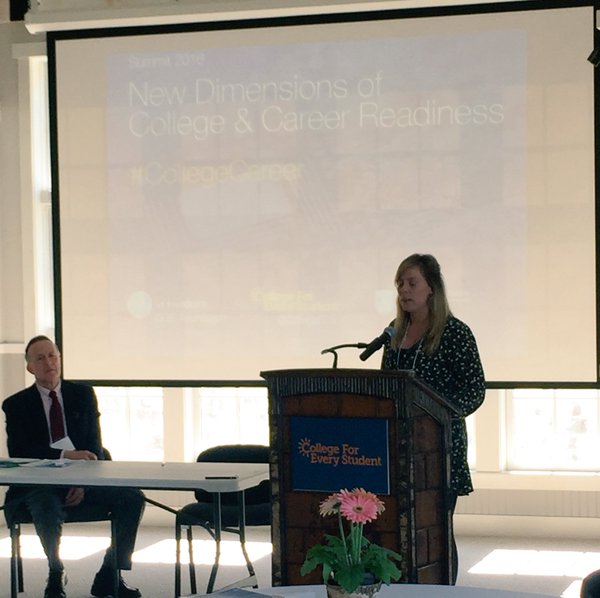
DCU President Professor Brian MacCraith said an unintentional oversight meant students were not notified by email about the Constitutional Convention meeting held in DCU last week.
The views of organisation representatives and individuals were heard at the meeting, which explored suggested additional topics for review by the Convention under the headings of the environment; economic, social and cultural rights; church and state; political and institutional reform; morality; and a Bill of Rights.
DCU-based representatives present expressed their satisfaction at having the event held on campus, declaring that it marked the university out as “the antithesis of the ivory tower”. Despite this, there were relatively few students amongst the approximately 70 people in attendance.
MacCraith told The College View: “It wasn’t a university event…I felt there was a reasonable number of students here but there could’ve been more indeed”.
Constitutional Convention Chair Tom Arnold presided over the meeting, while members of the convention including former DCU student Paula Sheridan and Labour Party T.D. John Lyons were in attendance. Views expressed reflected the need to update the 1937 Constitution in line with a more modernised and secular Ireland than existed at that time.
DCU student Seán Cassidy proposed changing the system which currently requires judges and others to swear an oath on the bible, which, if they are not religious or of an alternative faith, could force their first act of office to be a lie. Regarding the environment, meanwhile, Chair of DCU’s Class Rep Council, Rónán Ó’Dálaigh, suggested following Bolivia’s lead and granting the same rights to mother nature as are afforded to human nature.
The Constitution is a 100-member assembly, which brings together randomly-selected Irish citizens with members of the Oireachtas and of Northern Ireland’s political parties.
Decisions made at convention meetings so far have seen it propose recommendations to the government including: holding a referendum for same-sex marriage; lowering the voting age to 16 and retaining the country’s current electoral system of proportional representation through the single transferable vote (PR-STV).
Sarah Bermingham
Image Credit: Nick Bradshaw




Leave a Reply